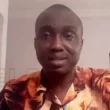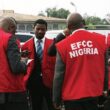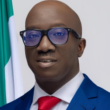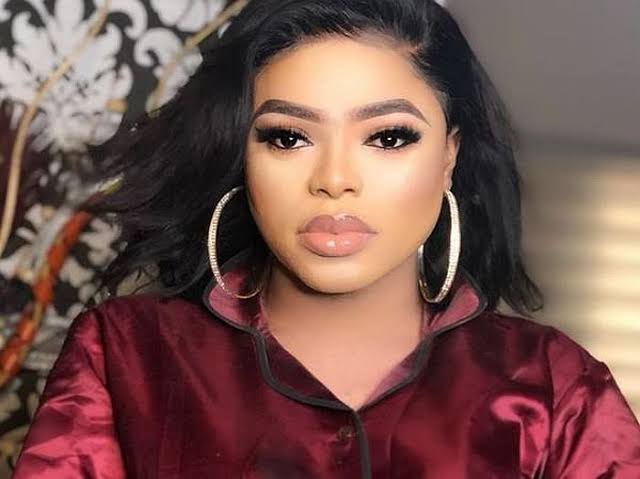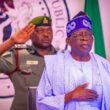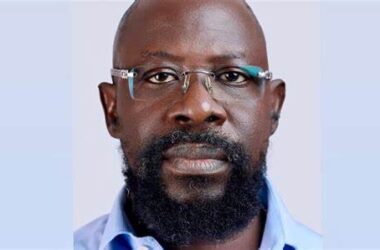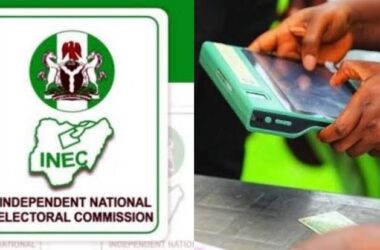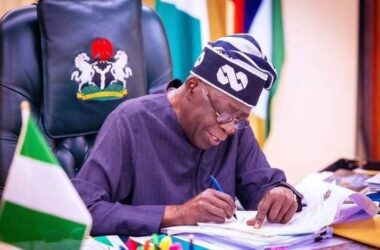The Nigerian House of Representatives questioned officials from the Economic and Financial Crimes Commission (EFCC) and the Nigerian Correctional Service (NCoS) on Monday over allegations of bribery involving popular cross-dresser Idris Okuneye, better known as Bobrisky. The investigation focused on claims that Bobrisky paid to receive preferential treatment following his conviction for abusing the naira in April 2024.
The EFCC denied reports that Bobrisky bribed its officials with ₦15 million to drop money laundering charges. Similarly, NCoS officials rejected claims that Bobrisky served his sentence in a private apartment instead of a prison. They insisted that the social media influencer completed his sentence at the Kirikiri Maximum Security Custodial Centre in Lagos.
Bobrisky was convicted on April 5, 2024, by the Federal High Court in Lagos and sentenced to six months in prison. He was released on August 5, 2024, amidst rumors of special treatment in custody due to his celebrity status. These rumors resurfaced after a social media personality, Martins Otse, also known as VeryDarkMan, shared an audio recording in which Bobrisky allegedly admitted to bribing officials for leniency.
In response to the allegations, the Minister of Interior, Olubunmi Tunji-Ojo, ordered an investigation into the matter. Several correctional officers, including Deputy Controllers from the Kirikiri Correctional Centre, were suspended pending the investigation’s outcome.
During the hearing before the House committee, Michael Anugwa, a Deputy Controller of Corrections, explained that Bobrisky refused to eat prison food and was allowed to arrange for his own meals, a practice permitted by Nigerian law. Anugwa also noted that Bobrisky was held in a separate cell due to his unique physical features.
Anugwa explained, “During the admission of the inmate (Bobrisky), we discovered that he had two features. We did not know where to place him because, for instance, he had breasts. We had to take him to Room 2 in the B Ward. This is also in line with global best practices as approved by the United Nations.”
Anugwa acknowledged that friends of Bobrisky had donated plastic chairs to the prison but denied that this influenced Bobrisky’s transfer to a maximum-security facility. According to him, the transfer was necessary due to the media attention surrounding the case.
He said; “Bobrisky was admitted on April 13, with a valid warrant and a transfer order from Ikoyi Correctional Facility. The warrant was given to me the same day of his conviction. The biometric was taken the next day because he came around 10:30 PM. Okuneye spent 10 days at a medium correctional centre and was moved to maximum because he refused to eat the prison food and then applied for self-feeding, which was approved. Bobrisky nominated two people to bring his food to the facility, Abiola Okuneye and Moji Okuneye. During the admission, we discovered that Idris, though a man, had special features like breasts that would not allow us to put him in the general cell. We agreed to put him in a separate cell. While he was there, he had a total of 39 visitors.”
Ben-Rabbi Freeman, Assistant Controller General of NCoS, confirmed that Bobrisky was transported to the Kirikiri Maximum Security Centre in his official car. Freeman emphasized that the move was purely for security reasons.
Meanwhile, VeryDarkMan, who initially refused to cooperate with the investigation unless Bobrisky was present, later provided evidence to the committee. He stated that he had more audio recordings in which Bobrisky allegedly discussed bribery and mentioned a powerful godfather who influenced the terms of his imprisonment.
The EFCC also defended its actions at the hearing, stating that the money laundering charges were dropped after Bobrisky pleaded guilty in a confessional statement. They urged the public to come forward with credible evidence to substantiate the bribery claims.
The EFCC urged the House to “use its constitutional power to ensure that corruption and other vices are exposed, investigated, and prosecuted, and also to ensure that patriotic and dedicated officers are not blackmailed, demonized, and demoralized for faithfully serving and carrying out their lawful duties.”
“The commission has been consistent in its advocacy, calling on the public with credible information on alleged acts of corruption involving any of its officers to come forward with evidence. The public is urged to do so responsibly.
“Short of the ex-convict and other accusers openly naming the officers of the commission to whom they allegedly gave the bribe of N15m in order to influence the dropping of counts 5 and 6 of the charge bordering on money laundering, it is reasonable to infer that the ex-convict merely made up the story to convince the yet-to-be-identified person he was speaking with to obtain financial favors under false pretenses by dropping the name of the commission.
“We wish to draw the attention of the Honorable House to the fact that the onus of proving this grievous allegation against officials of the commission rests squarely on the accusers in this case: the ex-convict and VeryDarkMan. It is noteworthy that the commission extended an invitation to both the ex-convict and VeryDarkMan to assist in unraveling the identities of the officers of the commission to whom the alleged bribe of N15n was paid,” the EFCC stated.
The committee adjourned the hearing indefinitely but indicated that more witnesses, including the person who recorded the controversial audio, would be called to testify in the future.


